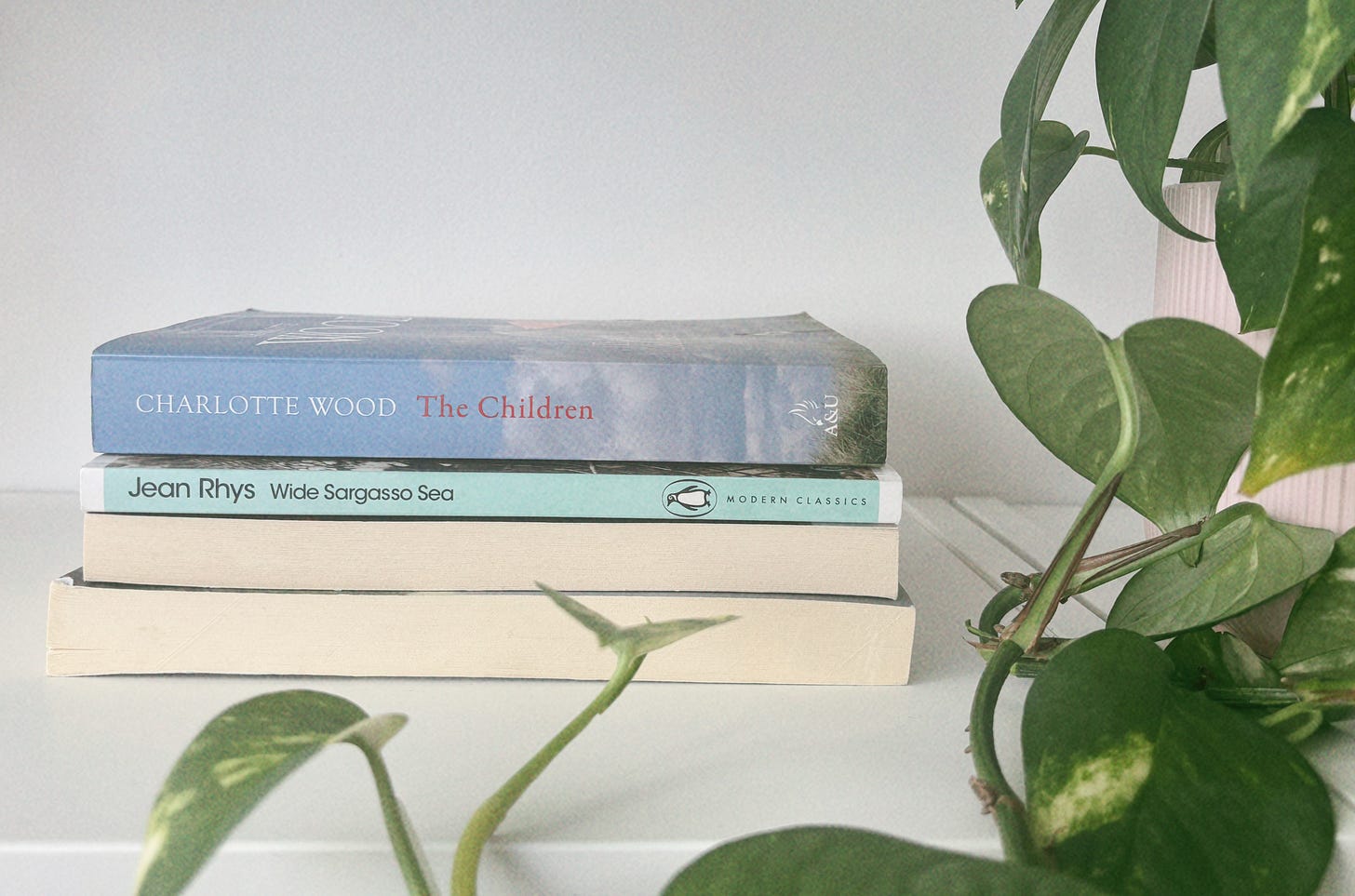Hello!
I got on a lot of planes this month so I did a lot of reading.
Books
The Parable of the Sower, by Octavia E Butler
I read KINDRED a lot of years ago, and I liked it - I liked the time travel premise, I liked the geographic problems with time travelling meaning that you could get stuck in a wall, I liked that there might be ~less than ideal~ times to travel to and you don’t get to pick. I watched the (Disney?) series and I liked it too. Influenced by many, many tiktoks about PARABLE OF THE SOWER and the Trump administration, I thought I’d give it a go.
Published in 1993, there are weird 2025 parallels, which, considering that Butler died in 2006, are impressive: set across the mid 2020s, the book opens in a dystopian future, where there are LA wildfires (partly caused by displaced people affected by a drug which causes them to become obsessed with fire, and partly caused by seismic climate change) and huge wealth inequality, but honestly I do think that it’s mostly speculative dystopian fiction (and so much of it is ominously foretelling), rather than feat of future-predicting.
Lauren Olamina is the eldest child of the preacher in her small, gated community. She’s also a “sharer”, with a hyper-empathy disorder caused by her mothers’ drug use during pregnancy, meaning that Lauren can feel the pain (and pleasures, though they’re few and far between) of other people. She teaches herself survival skills, just in case, and starts to put together her own philosophy, calling it Earthseed. Her philosophy is that God is Change, and that eventually people will have used up the Earth’s resources and need to look elsewhere — to the stars. After her community is attacked, she begins to travel north, working on her Earthseed writings and collecting people as she goes.
All that you touch
You Change.
All that you Change
Changes you.
The only lasting truth
Is Change.
God
Is Change.
We’re reading this for Between Two Books’ next pick - join in on Insta.
Wide Sargasso Sea, by Jean Rhys
Everyone really is reading classics this month. I actually had never read this (and I’ve not read Jane Eyre, so maybe this is less impactful than it would otherwise have been?) but I spotted it at the Lifeline Book Fair for $2, so it came home with me. I liked it a lot - I’m not sure I have anything new or interesting to say about it, but it’s stayed with me through the month since I read it.
The Children, by Charlotte Wood
I loved Stone Yard Devotional when I read it in August, so this immediately went in my trolley when I saw it at the Book Fair. It opens with an accident: Geoff - ageing and too easily distracted when climbing onto the roof - falls and is taken into a shiny new intensive care unit at the hospital, where he’s kept comatose while his children travel to be by his bedside. Once they arrive, old hurts rise to the surface, and war correspondent Mandy, in particular, struggles to reconcile her life with her small-town homecoming. In the background, wardsman Tony patiently waits; his connection to the family, and to Mandy, only coming through in glimpses.
Stag Dance, by Torrey Peters
I’m reviewing this one for The Skinny’s March issue, so you’ll have to read all of my thoughts over there, but I loved it.
Online reads
So much this month; can you tell I’ve been trying to read instead of scroll?
I watched Netflix’s One Hundred Years of Solitude (and I very much recommend!), and I keep planning to reread the novel and not getting to it, but I did read this review of the book (and of Gabriel García Márquez’ magical realism) from The Conversation.
I love time-travel narratives, and I loved Russian Doll, so I have a feeling that I’m committing myself to the seven books of On The Calculation of Volume by Solvej Balle, because this review has convinced me. The first two books don’t come out here (or in the UK) until April, but Blackwells had stock of the US editions, so they’re currently winging their way down to Australia.
Everyone is reading Middlemarch, and
is finding out why.Read this incredible essay from immediately:
And, maybe linked to my reading of Octavia E Butler,
’s no one can predict the future (I’d also recommend this NYTimes deep-dive of Butler)
I’ve more or less given up a reading plan, because they don’t happen and then I feel bad that I haven’t read the things I’ve said I will, BUT, I am reading Nell Stevens’ The Original next, and it’s great, and I also have to shout out Elizabeth Lovatt’s Thank You For Calling The Lesbian Line, which I’m halfway through and loving. So far, I have resisted the Middlemarch FOMO. Have you?
Terri-Jane x









